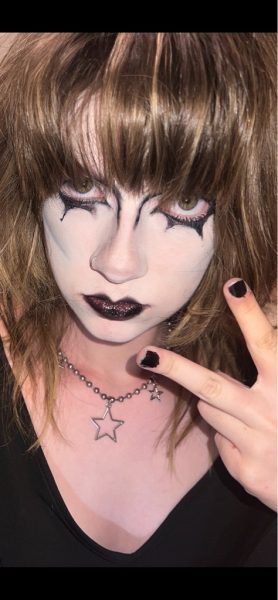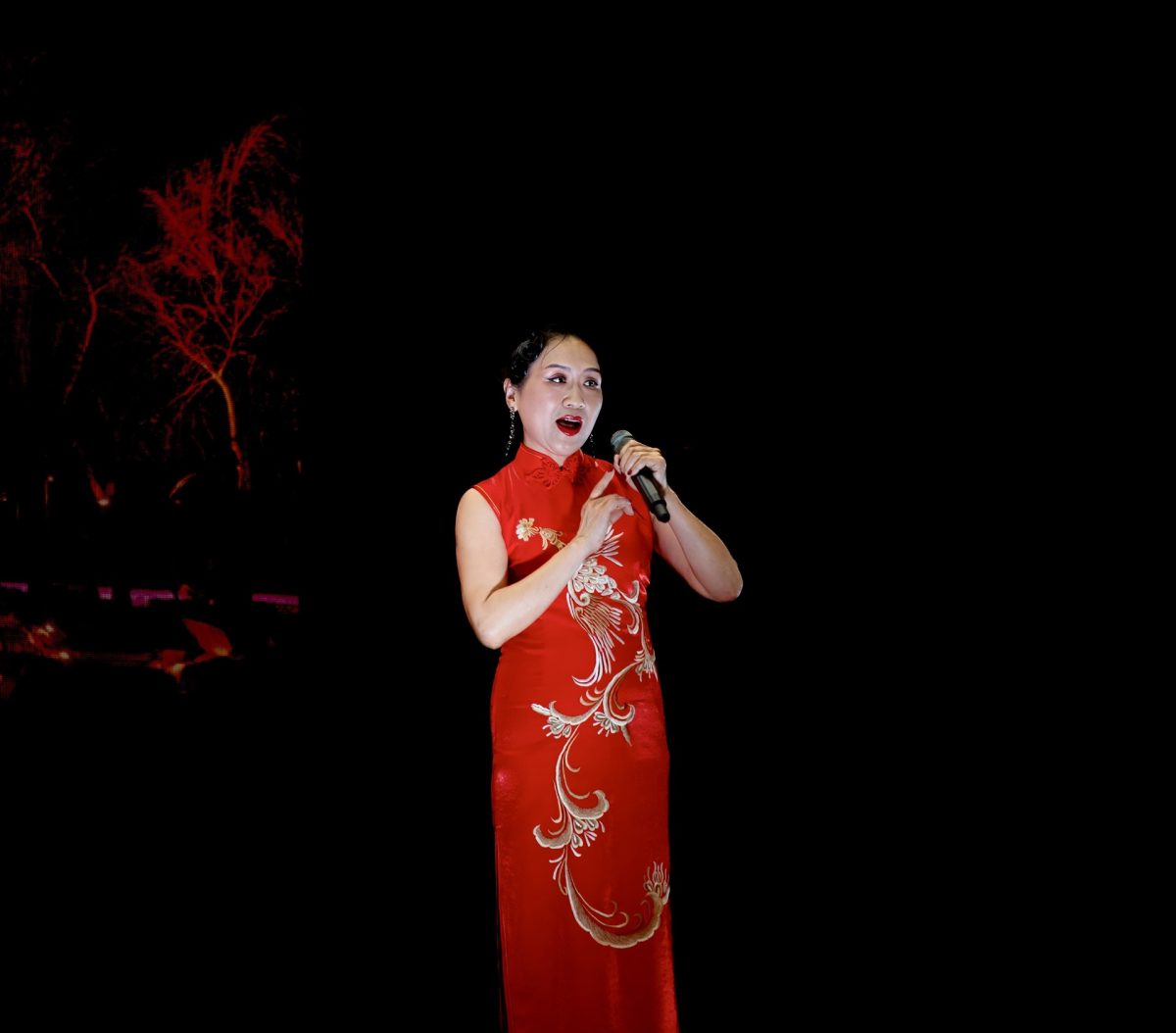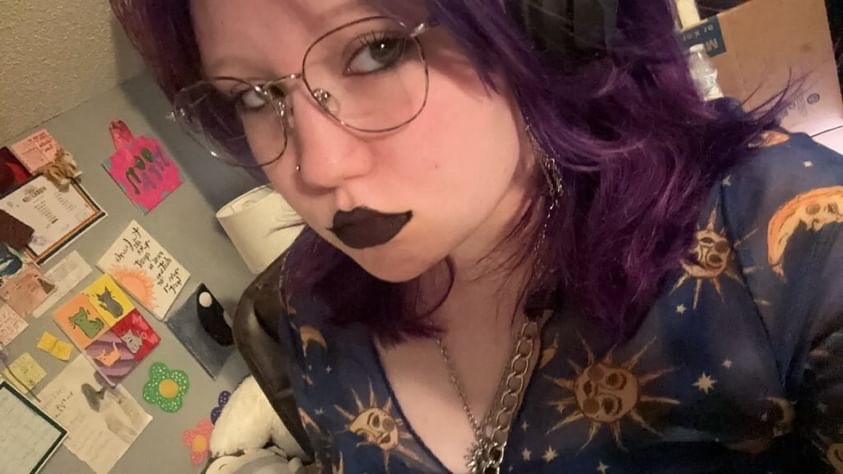TikTok and other social media outlets have become popular places for people to give and get inspiration for their hair, clothes and makeup. With the recent rise of social media beauty trends, the term “makeup blindness” has gained popularity. People post TikToks, laughing at the way they used to do their makeup or post pictures of themselves, asking their followers, “What makeup blindness do I have?”
“I’ve seen [makeup blindness] on TikTok and stuff,” Amy Hatler (10) said. “I haven’t watched very many videos about it.”
Makeup blindness generally refers to a person’s lack of skill when using a particular makeup product. People may apply too much of a product or apply it incorrectly, resulting in an atypical makeup look. Some people intentionally do their makeup like this; for others, it is evidence of a lack of experience or skill.
“The trend is like, ‘Oh, I used to do my makeup really bad. I can’t believe I did it like this,’ Hatler said. “But sometimes people will … tell other people that they have makeup blindness, but that’s like not cool, because [it] probably does look good to some people, it just doesn’t look good to you. I used to put way too much blush on … but I like wearing a lot of blush still.”
There are a variety of styles of makeup a person can do, from goth to natural; makeup comes in many different forms. Hatler often experiments with a lot of different styles.
“I wear [makeup] on the weekends and sometimes I wear it at school if I feel like it,” Hatler said. “And I wear it for when I go on stage. I do different styles [of makeup] all the time. Sometimes, I … test out different styles of makeup. [My favorite] is doing the regular, full glam makeup.”
For many individuals, the makeup blindness trend has become an outlet for them to judge people who are new or inexperienced when it comes to makeup. Some people may criticize others’ makeup to deflect from deficiencies in their own technique. Trends revolving around makeup encourage people to imitate the styles of the influencers they see online, but without understanding the technique, others might still critique them as having makeup blindness.
“If someone who doesn’t have makeup blindness is seeing someone with makeup blindness … they might judge them or be like, ‘Hah, you don’t know what you’re doing,’” Morgan Mooney (11) said. “People with makeup blindness might look up to the other people and try and get tips from them or try and copy what they’re doing.”
Criticism can be made with the intention of helping someone improve their skill. Mooney, who prefers a simple, everyday makeup style, thinks people can learn from what others say about their makeup.
“Sometimes it is a little hard to look at if someone’s foundation is really caked on,” Mooney said. “It’s kind of like, ‘Hey, maybe tone it down just a little bit.’ I don’t want to be negative about it. It’s just like, ‘Hey, maybe try this instead.’ If someone has [makeup blindness] and they want some advice, I’ll help them out, or if I need some tips, I’ll go to someone who knows about it.”
Makeup can look like almost anything. There is no one way for a person to do their makeup routine. Regardless of what is trending, many people will stick to their own style.
“I think that people should just do whatever they want,” Hatler said. “Makeup is art, so it doesn’t need to have rules.”





































